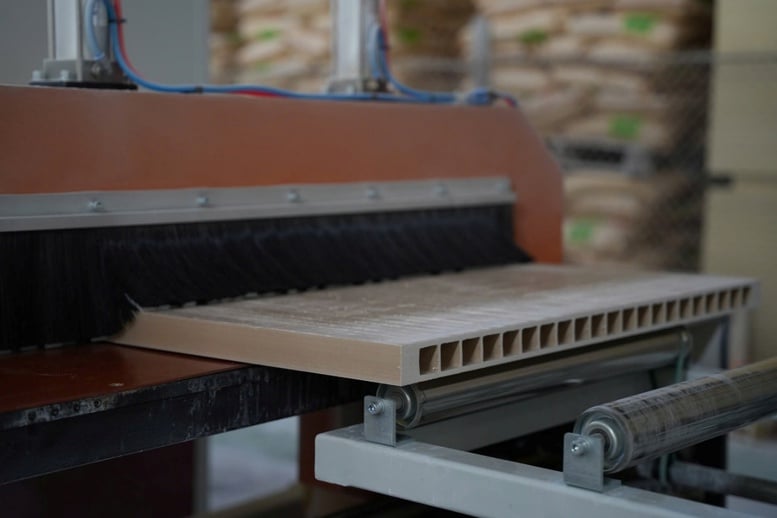
Plastic waste combined with raw materials creates products such as doors, floor panels, construction materials, interior and exterior decoration...
The project "Integrating climate change resilience and environmental protection to develop green cities" is a cooperation activity between the Ministry of Agriculture and Environment and the Global Environment Facility (GEF) through the Asian Development Bank (ADB), implemented in the period 2020-2025 to strengthen institutional capacity, build and improve environmental protection policies, and enhance climate change resilience.
The project has four components, including: Developing a national policy framework for environmental protection and climate change resilience; piloting sustainable urban development solutions in Ha Giang , Hue and Vinh Yen (old); developing new financial solutions to prevent climate risks in Hue and strengthening and supporting comprehensive environmental planning and climate adaptation at the provincial/municipal level.
To find new solutions for plastic recycling in Vietnam, the Project has piloted a technology model for producing composite wood plastic by extrusion method.
The pilot was implemented with advanced technology using recycled plastic pellets combined with wood powder and suitable additives to produce composite wood for products such as doors, floor panels and construction materials, interior and exterior decoration.
According to Mr. Le Hoai Nam, Deputy Director of the Department of Environment, Ministry of Agriculture and Environment, the application of technology to produce composite wood from recycled plastic particles not only brings economic benefits but also contributes to solving the problem of plastic waste, in line with the trend of cleaner production and circular economy.
"The success of the pilot model is an important premise to encourage replication of this model in many localities, contributing to solving one of the most pressing environmental problems today: plastic waste," said Mr. Nam.
The results show that the production process operates stably, the products meet physical and technical standards with a technical compliance rate of up to 95% and are well received by the domestic market.
The highlight is that all waste and scraps are collected, crushed and reused right at the factory, contributing to saving raw materials and reducing waste. On average, each month, the pilot plant has used about 17.3 tons of recycled plastic, equivalent to more than 200 tons per year - the amount of plastic that was at risk of becoming difficult-to-treat waste in the environment, is now recycled into useful materials. The combination of wood powder and stone powder also helps significantly reduce the need for virgin plastic, thereby saving fossil resources and reducing carbon emissions.
In case the line is operated at maximum capacity, the output of composite wood plastic is estimated to reach 120,000 long meters per year, equivalent to recycling and using about 400 tons of plastic scrap.
Thu Cuc
Source: https://baochinhphu.vn/thi-diem-bien-rac-thai-nhua-thanh-san-pham-go-huu-ich-102251028151358627.htm



![[Photo] Flooding on the right side of the gate, entrance to Hue Citadel](https://vphoto.vietnam.vn/thumb/1200x675/vietnam/resource/IMAGE/2025/10/28/1761660788143_ndo_br_gen-h-z7165069467254-74c71c36d0cb396744b678cec80552f0-2-jpg.webp)
![[Photo] National Assembly Chairman Tran Thanh Man received a delegation of the Social Democratic Party of Germany](https://vphoto.vietnam.vn/thumb/1200x675/vietnam/resource/IMAGE/2025/10/28/1761652150406_ndo_br_cover-3345-jpg.webp)

![[Photo] Draft documents of the 14th Party Congress reach people at the Commune Cultural Post Offices](https://vphoto.vietnam.vn/thumb/1200x675/vietnam/resource/IMAGE/2025/10/28/1761642182616_du-thao-tai-tinh-hung-yen-4070-5235-jpg.webp)



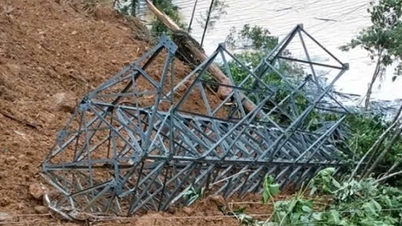




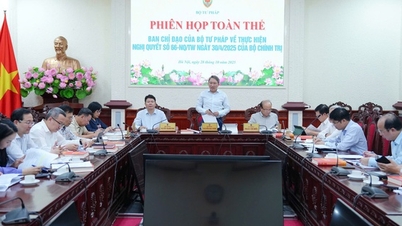






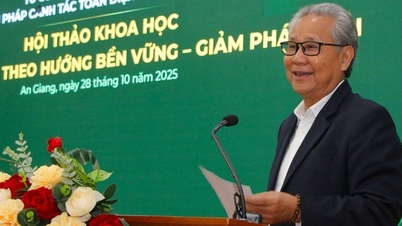
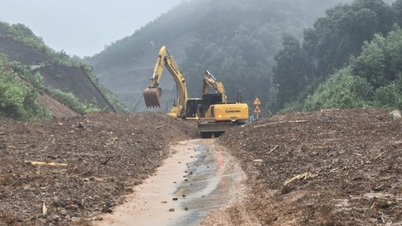

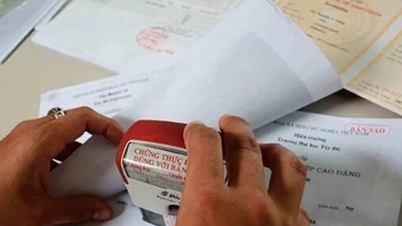
![[Photo] President Luong Cuong attends the 80th Anniversary of the Traditional Day of the Armed Forces of Military Region 3](https://vphoto.vietnam.vn/thumb/1200x675/vietnam/resource/IMAGE/2025/10/28/1761635584312_ndo_br_1-jpg.webp)














































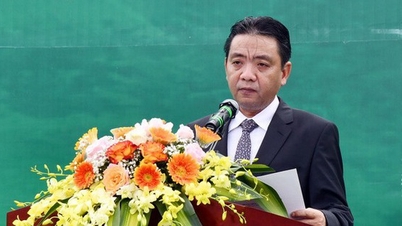
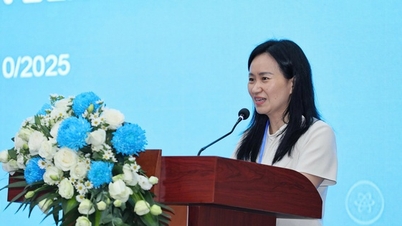

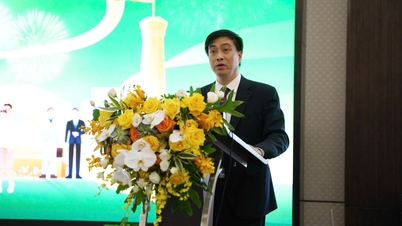



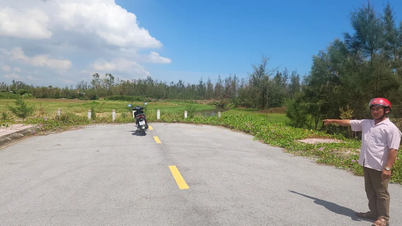

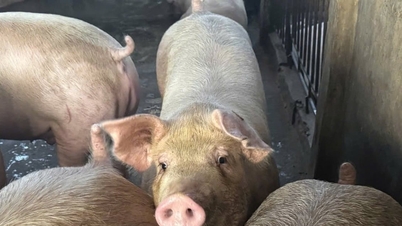

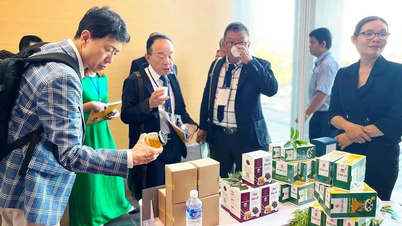



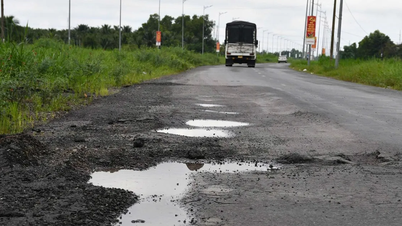
















Comment (0)